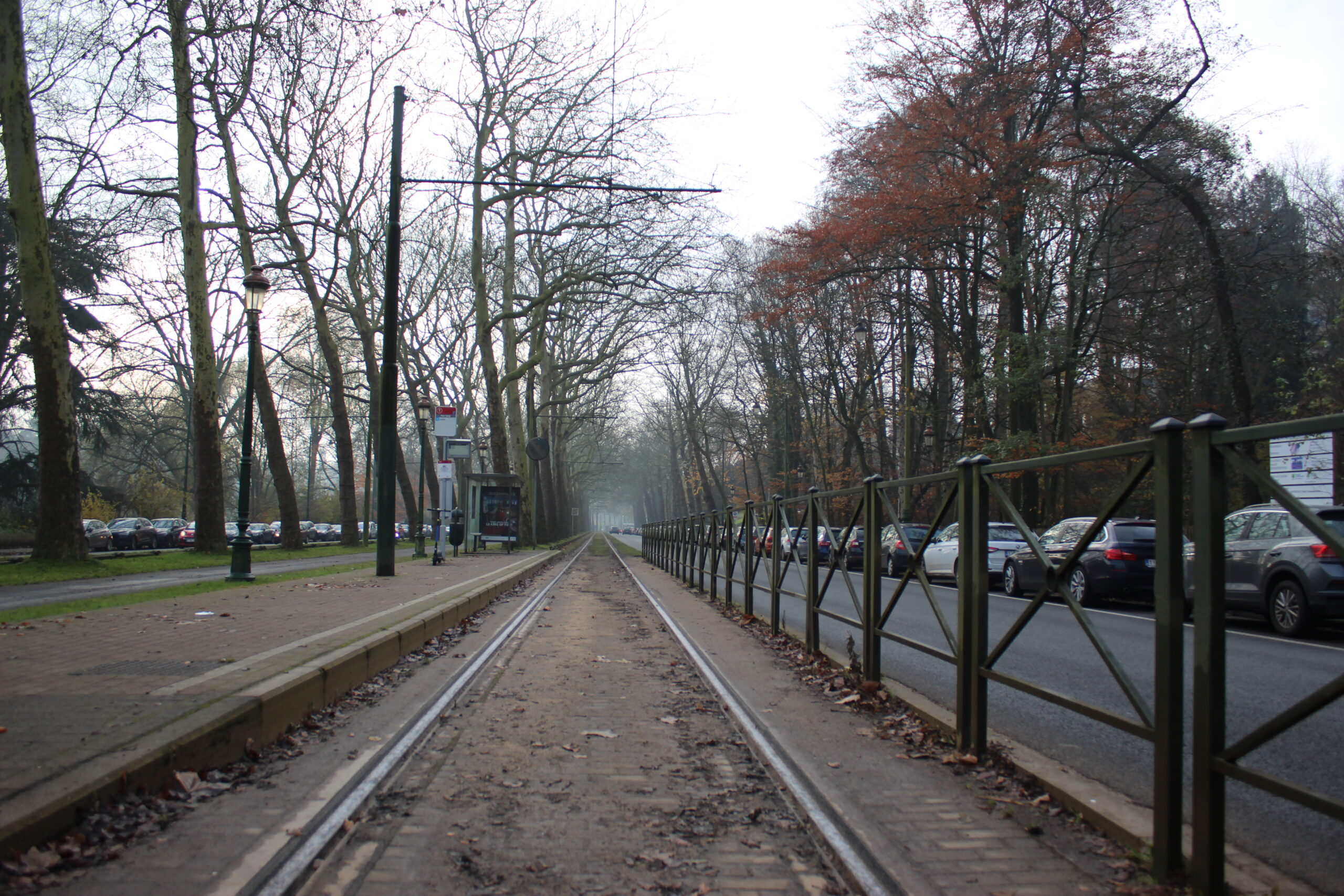The role of extinct languages in the Venezuela-Guyana conflict
We could hear it in the news. Venezuela claims a part of its neighboring country Guyana because it wants to have the oil. Greed. Power. imperialism. The population agrees with the president’s and government’s idea that a piece of Guyana actually belong to them. Hopefully this will not lead to an invasion, a special military operation or a war, or whatever such actions are called these days.
It is not well known that there was a dispute about the border before. A committee that worked on the border dispute came with its judgement in 1899, largely in favor of Britain (at that time it was British Guyana, the country is independent since 1966). The international commission was installed to study … ↪







